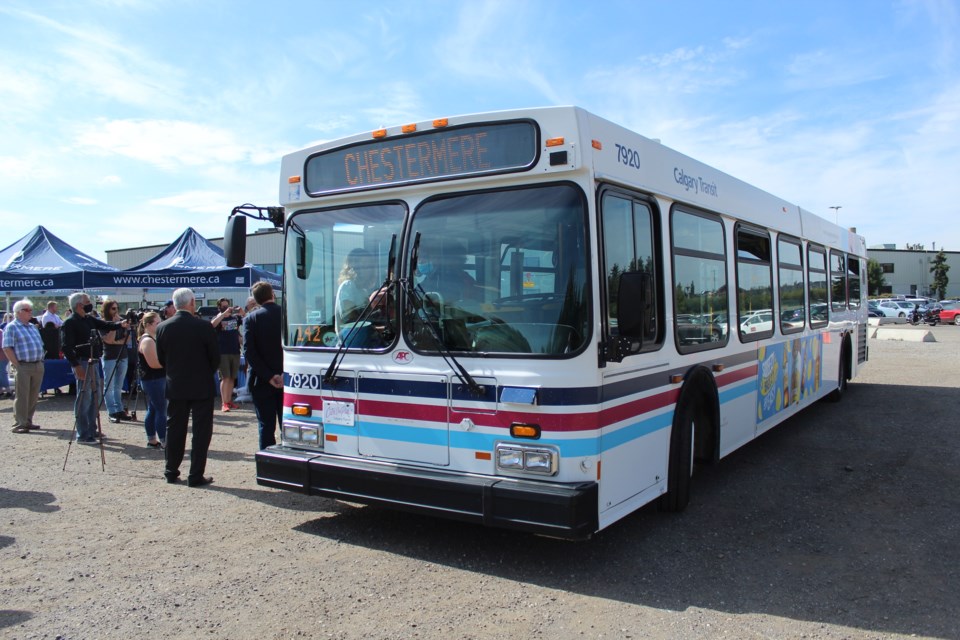I remember sitting with a friend when I was going through a hard time in my teenage years. I was thinking about some pretty hard things and feeling a lot of sadness. He said something I’ll never forget, “Preston, when you think about dark things, it means you are looking for the light.” He did not try to explain away my sorrow, or cover up my feelings, rather he helped me see that the very experience I was having had within it a way forward; my pain was a desire for life.
Chestermere neighbourhoods have experienced a lot of pain in recent months and years. The pandemic has been a persistent overlay to specific stories of loss. House fires, drownings, suicide, broken relationships, missing people, drug overdoses, car crashes, bankruptcies, crime, racism, and heart attacks are just some of the stories that draw tightly like a choking thread around our community. Stories like these might appear in the news or on social media suddenly, but for many of us they live much closer to home. Sometimes the loss we hear about can be seen from our window or has happened in our own lives.
People respond differently to loss and pain. Comments section are one place where the sorrow of a community works itself out with shared condolences or even voiced with anger and confusion. Other step out sometimes delivering cards, knocking on a door, or delivering food. Sorrow and our responses reveal our longing for the light. We hear and experience deep sadness and we react because we know deeply that this is not how a community should be. Broken things and destroyed lives elicit the most visceral responses and we cry out, “NO! No more!.” The sadness we feel reveals the life we long for, and were made for.
Lament is the expression of grief and sorrow. It is not something we are often taught and our culture does not readily prepare us to mourn well. But lament is a way through our suffering. When we lament we name what is not right and what is lost, and we make room to express our longing for life again.
I was grateful as a teenager for a wise friend to sit beside me and remind me of what is true in my season of lament. We need others at the best of times, and even more at the worst. We need compassionate community to sit with us, and wise shepherds to find us in the dark places. Our journey of lament is shared with others and it is a sign that we are alive. Only living things can feel pain and our city of Chestermere is alive; we long for a community that does not suffer.
Even in our lament we declare the kind of community we hope to be. To mourn is not a sign of weakness, but a sign that we are becoming the city we dreamt we could be. Lament says through sorrow that others are not nameless, unknown, and unwanted. Our lament reveals that every life matters in our city and any loss is worth our expressions of grief. Every person is valuable to our city and we risk the hurt and pain of lamenting with each one who suffers in our midst. The neighbourhood that laments is the neighbourhood that discovers life, and cherishes it every day.
If you are in a season of lament, I would recommend a helpful resource that has comforted me, “Every Moment Holy Volume 2: Death, Grief, and Hope.” I hope it comforts you as much as it has me.







